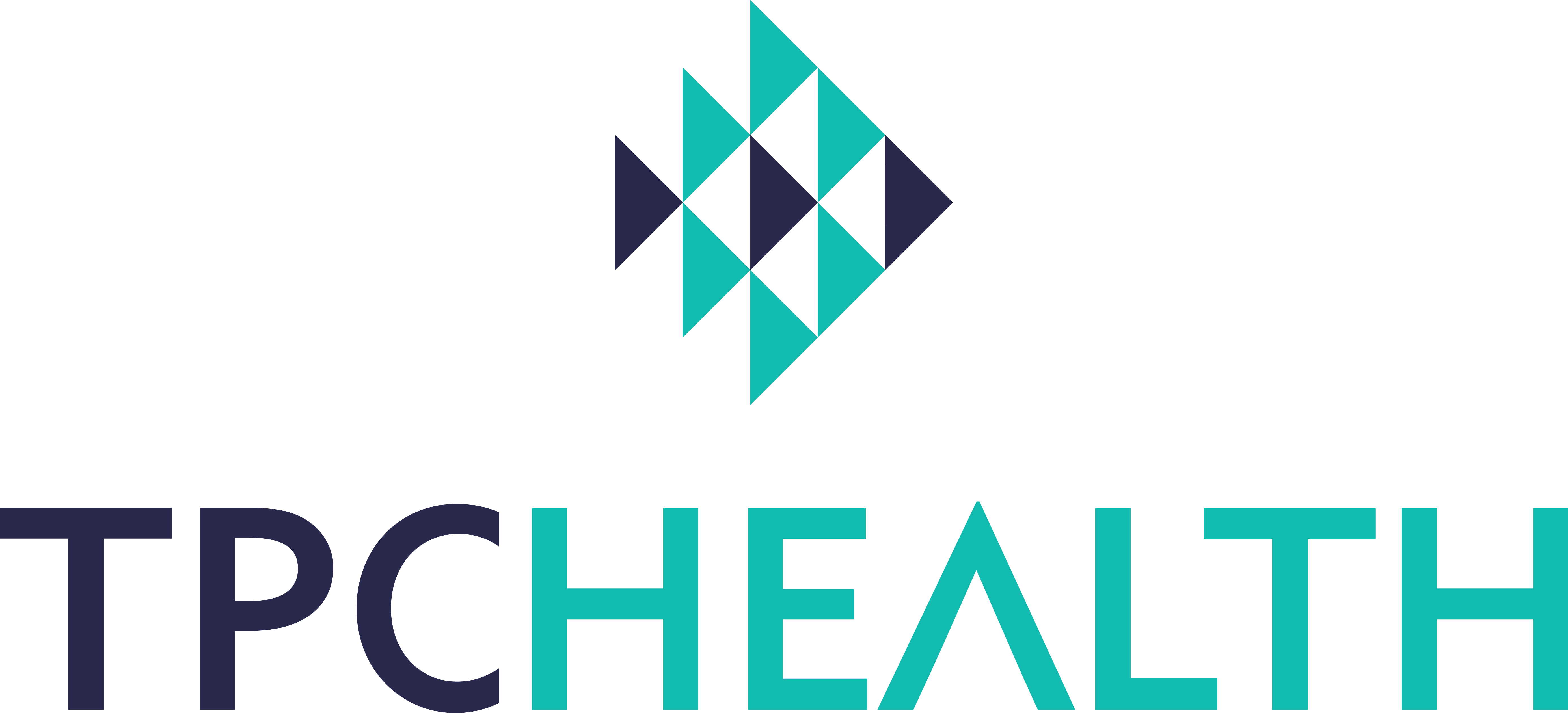1. Why Health Coaching Matters in Elective Care
The health and care care system faces unprecedented pressure within its Elective Care services: growing waiting lists, higher cancellation rates, and widening health inequalities.
Health coaching is a practical, evidence-based approach that helps patients build the knowledge, skills, and confidence to prepare for, undergo, and recover from surgery – improving outcomes at every stage.
Importantly, all clinicians can use a coaching approach within their roles, it’s not limited to dedicated ‘Health & Wellbeing Coach’ roles.
2. The Current Challenges in Elective Care
- Rising demand and lengthening waiting times (NHS England, 2023b).
- Same-day surgical cancellations due to unprepared patients (NHS England, 2022).
- Health inequalities leading to poorer outcomes for underserved groups (Public Health England, 2020).
- Variation in patient engagement, recovery, and long-term self-management.
Best Practice Guidance: GIRFT, NICE guidelines, and the NHS Elective Recovery High Impact Interventions highlight the need for pre-operative optimisation, “waiting well” support, and personalised preparation pathways.
3. What is Health Coaching?
Health coaching is a collaborative, person-centred approach that:
- Focuses on what matters most to the patient.
- Builds motivation, capability, and confidence for change.
- Strengthens the patient’s role as an active participant in their care.
Any clinician can apply simple coaching techniques within existing consultations – no extra appointments needed.
4. How Health Coaching Supports Elective Care
NHS England’s “Waiting Well” initiatives highlight coaching as a core intervention to keep patients’ ready and avoid deterioration while waiting (NHS England, 2023).
| Stage | Health Coaching Contribution |
|---|---|
| Pre-Operative | Build readiness: optimise health, manage risk factors, set recovery goals, and enable behavioural change. |
| While Waiting (Prehabilitation) | Build motivation to stay active, manage conditions, optimise behaviours. |
| Decision-Making | Support informed, confident choices; align surgery to personal goals. |
| Post-Operative Recovery | Strengthen ownership of rehabilitation, medication adherence, lifestyle adjustments. |
| Long-Term Outcomes | Help maintain gains, prevent complications, and improve life quality after surgery. |
| Reducing Health Inequalities | Coaching especially empowers underserved groups by addressing barriers like health literacy, social support, and self-efficacy. |
5. Practical Health Coaching Techniques for Clinicians
These approaches can be used in routine appointments, reviews, and opportunistic encounters. “Micro-coaching moments” during everyday consultations can dramatically shift engagement and outcomes.
| Technique | How to Use It | Why It Matters |
|---|---|---|
| Agenda-Setting | Begin consultations with: “What’s the most important thing for you about your upcoming surgery/appointment?” | Ensures patient priorities are heard, not just clinical agendas. |
| Scaling Readiness and Confidence | Ask: “On a scale of 0–10, how ready/confident do you feel about preparing for surgery?” “What would move you closer to a 10?” | Quickly assesses confidence gaps and surfaces barriers/support needs. |
| Prehabilitation Action Planning | Frame preparation as achievable: “What’s one thing you could start with to feel fitter/stronger before surgery?” | Supports small, meaningful steps toward better outcomes. |
| Strengths-Based Reflection | Reflect personal strengths: “What have you done before that’s helped you make a positive change?” | Builds on personal resilience, not just medical interventions. |
| Exploring Values and Goals | Anchor behaviours in personal meaning: “Why is it important to you to be well enough for this surgery?” | Deepens motivation beyond external pressure. |
| Reframing Concern as Readiness | Normalise fears and reframe: “Feeling nervous shows you care about your recovery. Let’s use that energy to plan.” | Reduces apprehension and shifts mindset from helplessness to action. |
| Personalised Recovery Planning | Involve patients’ post-surgery: “What do you think will help you stick with your rehab exercises once your home?” | Enhances ownership and self-efficacy in recovery. |
| Health Literacy Support | Use teach-back method: “Just so I can check I explained it clearly; can you tell me how you’ll manage your wound dressing at home?” | Boosts understanding and self-management, reducing complications. |
6. Key Benefits at Every Level
| For Patients | For Services | For Clinicians |
|---|---|---|
| Improved readiness and resilience | Fewer same-day cancellations (NHS England, 2022) | Prepared patients create smoother clinical and surgical processes. |
| Better surgical and recovery outcomes | Shorter waiting lists through better flow (NHS England, 2023) | Higher confidence that patients are optimised |
| Greater engagement and satisfaction | Higher theatre utilisation and efficiency | Less frustration with unprepared patients |
| Lower post-operative complications | Reduced readmissions and complication rates (King’s Fund, 2014) | Better post-op recovery, lighter follow-up |
| Increased health literacy and self-efficacy | Improved discharge rates and bed management | Professional satisfaction, seeing patients succeed in preparation and recovery reinforces the clinician’s role as an enabler, not just a fixer. |
| Reduced anxiety and better mental wellbeing | Supports CQC standards on personalised care | Skills development strengthens clinicians’ consultation, coaching techniques, and behaviour change support. |
| Stronger continuity of care | Reduces inequalities in outcomes | Builds resilience and reduces burnout risk |
7. Evidence Base
- NHS England (2022, 2023): Elective Recovery High Impact Interventions advocate personalised pre-op support.
- NICE Guidance (Diabetes, COPD, Heart Failure): Emphasises patient education, self-management support, shared decision-making.
- King’s Fund (2014): Health coaching helps reduce inequalities by building patient activation.
- GIRFT (2021): Recommends optimising patients’ readiness through tailored preparation and behaviour change support.
8. Summary: Practical Next Steps
- Identify training opportunities to strengthen health coaching skills across clinical teams.
- Start embedding health coaching techniques into pre-assessment clinics, waiting list support, post-op recovery.
- Recognise that small coaching moments create big shifts in engagement, readiness, and recovery.
- Offer patients a menu of self-management and peer support options.
Health coaching is not about doing more – it’s about doing differently.
